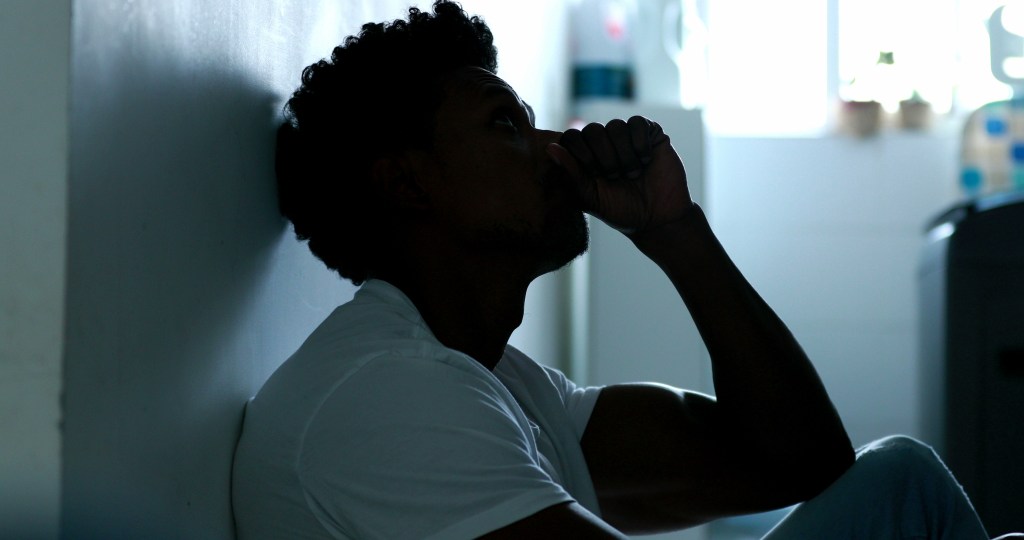Talk about brain drain.
A new study finds that making several difficult decisions at once can damage areas of the brain responsible for self-control, essentially putting them to sleep and leading to aggressive or impulsive behavior.
The research explores the controversial theory of “ego depletion” – the idea that we have limited mental energy for tasks like decision-making or resisting temptation, and depleting this reserve leads to less willpower and more bad choices.

For this study, scientists from the IMT School of Advanced Studies Lucca in Italy wanted to see how “ego depletion” affects brain activity.
They asked participants to undergo a series of hour-long tasks designed to mentally exhaust them before playing games that required varying degrees of aggression and cooperation.
The researchers measured the electrical activity in their brains while they played the games.
They compared the results with a control group, finding that the mentally fatigued participants became significantly more uncooperative as the day went on.
“Our study shows that mental fatigue has a measurable effect on behavior and that, when a certain degree of fatigue occurs, people are more likely to behave in a hostile manner,” said Erica Ordali, a researcher at the IMT School and the first . author of the paper.
Ordal’s team found that spending just 45 minutes on executive function tasks like making plans and solving problems increases the likelihood that you will engage in aggressive acts in social situations.
They linked the behavioral changes to sleep-like activity within frontal brain areas associated with decision-making and impulse control. The disconnection of these areas explains the reduced capacity for self-control, the researchers said.

The findings were published Monday in the journal PNAS.
“Overall, these findings have important implications for many situations in everyday life, including economic transactions and legal agreements, as they show that when the brain is ‘tired,’ we can make choices that go against self-interest.” ours,” said Pietro Pietrini. , co-author of the paper and director of the Molecular Mind Laboratory at the IMT School.
But not everyone agrees with the “ego depletion” theory.
A large-scale study from 2020 found no evidence of an attrition effect after asking participants to complete a task that involved crossing the letter “e” on a sheet of text at certain times or writing a story about a recent trip without using words containing the letters “a” or “n”.
“We tested an ego-depletion hypothesis in more than 3,500 participants in 36 independent laboratories who used one of two experimental protocols,” the authors of that study wrote. “The results lead us to conclude that depletion is not as reliable or powerful as previously assumed.”
#meaner #hostile #tired
Image Source : nypost.com